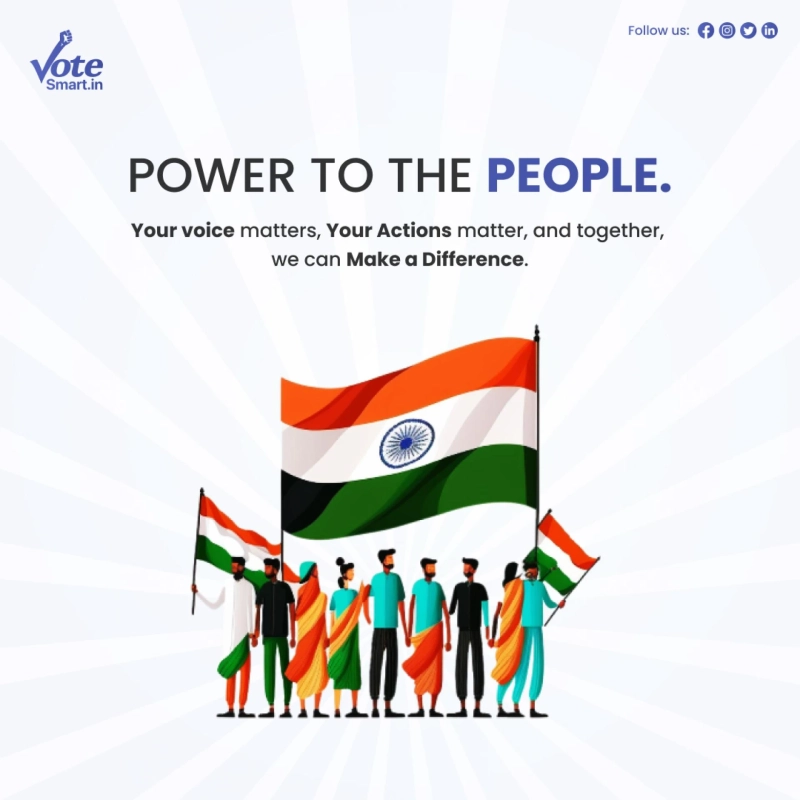Elections are the cornerstone of democratic societies, where citizens exercise their right to choose their leaders. The world of politics and election campaigns often captivates our attention, filled with drama, strategies, and the pursuit of power. This article aims to demystify the election process, shedding light on the exciting world of politics and campaigns. By exploring the key components of political campaigns, the role of media, the impact of public opinion, and the importance of voter engagement, we can gain a deeper understanding of the dynamics at play in the democratic process.
The Art of Political Campaigning
Political campaigns are carefully orchestrated events designed to capture the attention and support of voters. They involve a range of activities, including candidate branding, messaging, public appearances, rallies, and door-to-door canvassing. Campaign teams strategize and mobilize resources to shape public opinion, build coalitions, and ultimately secure electoral victory.
Effective campaign messaging is crucial, as it helps candidates connect with voters on issues that resonate with them. Through speeches, advertisements, and social media, candidates present their platforms, articulate their vision, and attempt to persuade voters of their suitability for office.
The Role of Media in Shaping Elections
Media plays a significant role in shaping public perception of candidates and their campaigns. Journalists cover campaign events, interview candidates, and analyze their policies, offering insights and analysis to the electorate. However, media influence can be both positive and negative, with biases and sensationalism impacting the narrative.
The advent of social media has further transformed election campaigns. Platforms like Twitter, Facebook, and Instagram provide candidates with direct access to voters, allowing them to share their message, engage in real-time conversations, and rally support. However, the spread of misinformation and the echo-chamber effect pose challenges, making it crucial for voters to critically evaluate information and seek diverse sources.
The Impact of Public Opinion
Public opinion is a powerful force that shapes electoral outcomes. Polls and surveys gauge public sentiment, helping candidates understand voter preferences and adjust their strategies accordingly. Public opinion can influence policy priorities, campaign messaging, and the overall direction of political campaigns.
However, it is essential to recognize that public opinion is not static and can shift throughout the course of an election. Candidates and campaigns must continually adapt and respond to changing sentiments, incorporating feedback and addressing concerns raised by voters.
The Importance of Voter Engagement
Voter engagement is vital for a healthy democracy. Citizens must actively participate in the electoral process, exercising their right to vote and making informed choices. Voter education initiatives, debates, town halls, and community forums provide opportunities for voters to interact with candidates, ask questions, and understand their positions on key issues.
Furthermore, voter registration drives and efforts to enhance accessibility, particularly for marginalized communities, promote inclusivity and ensure that all citizens have the opportunity to participate in shaping their government.
Conclusion
Elections and political campaigns offer a glimpse into the vibrant world of democracy. By demystifying the process, we can appreciate the excitement and drama that surround the pursuit of power. Understanding the art of political campaigning, the role of media, the impact of public opinion, and the importance of voter engagement empowers us as informed citizens. Votesmart allows us to actively participate in shaping our governments, holding elected officials accountable, and contributing to the democratic process. Elections are not mere spectacles; they are the embodiment of our collective voice and the mechanism through which we shape the future of our societies.



